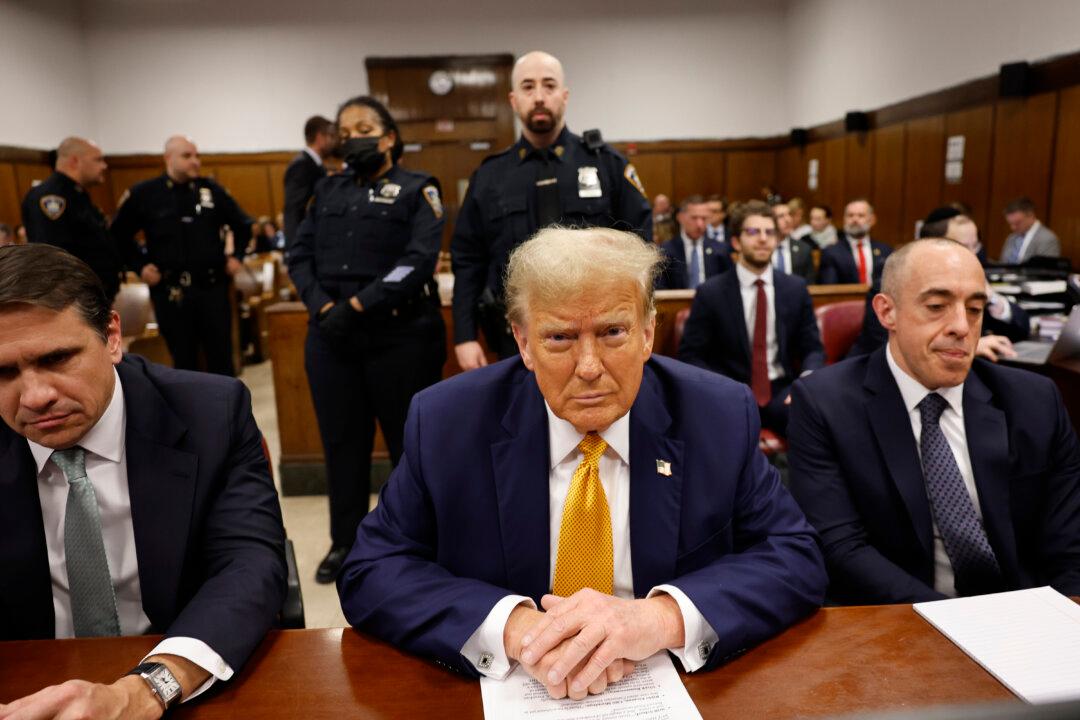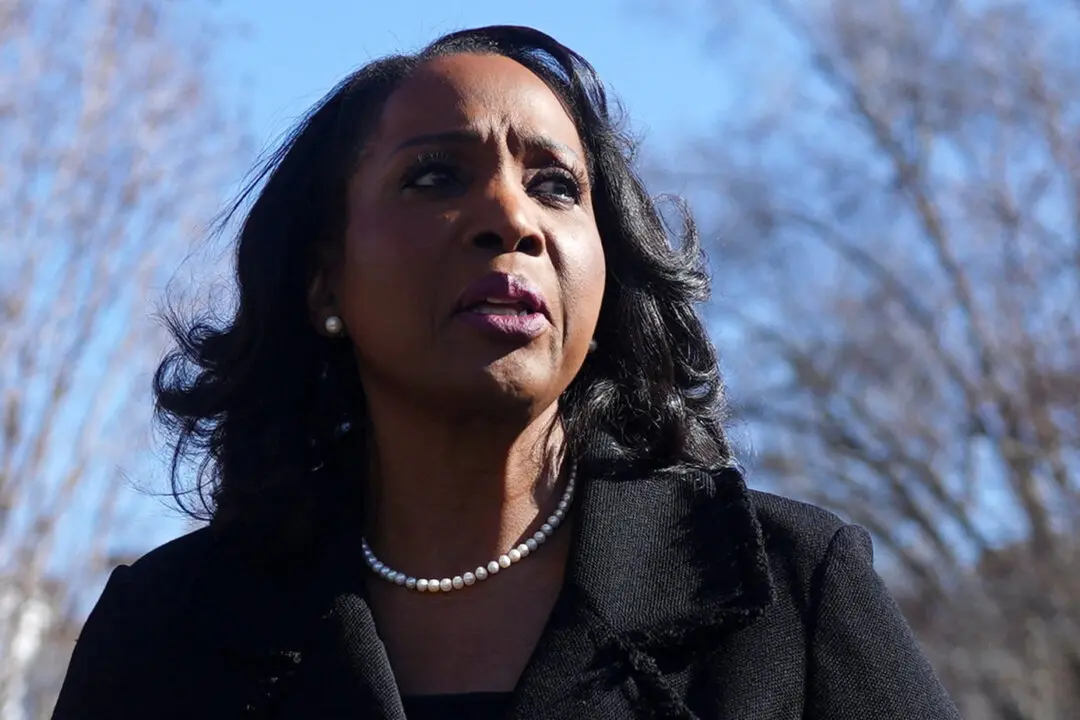Should former President Donald Trump be sentenced to prison for a term beyond a possible inauguration in January 2025, it’s unlikely that he would be kept in prison after that point, attorneys indicated to The Epoch Times.
While some attorneys predict that the former president is unlikely to face prison time after his guilty verdict in May, given that he’s a first-time offender, the decision is ultimately on New York Supreme Court Justice Juan Merchan. He’s due to issue his decision on July 11—just four days before the Republican convention, where the GOP frontrunner is set to be formally nominated as presidential candidate.





